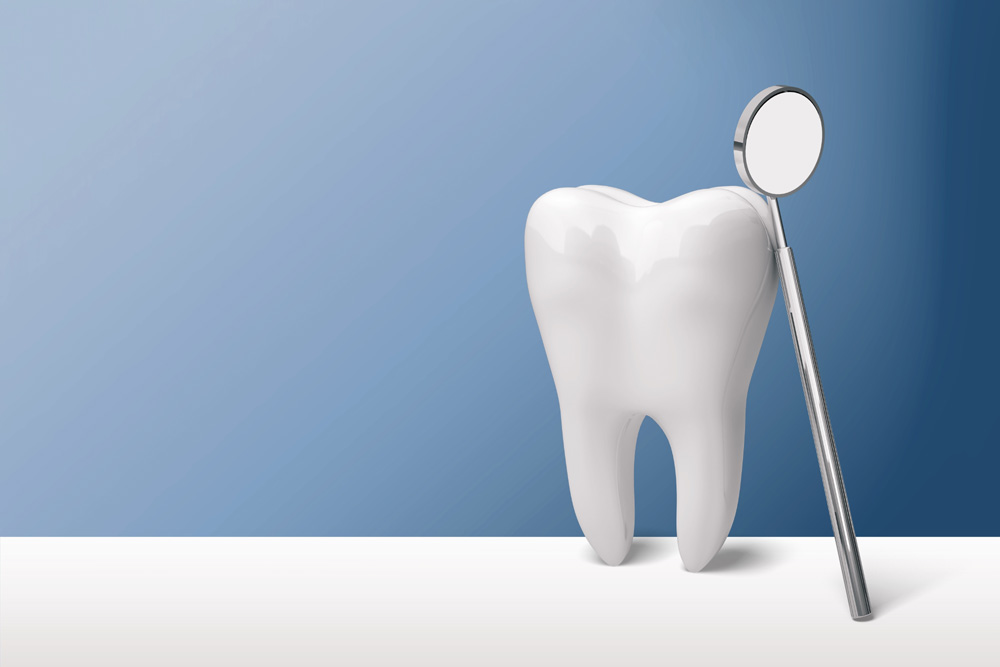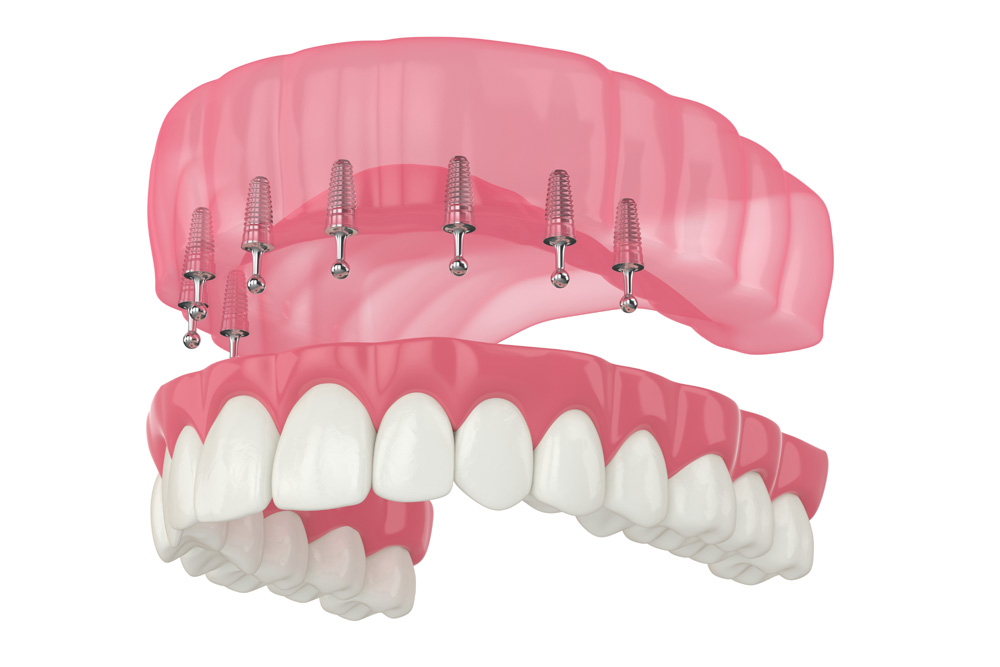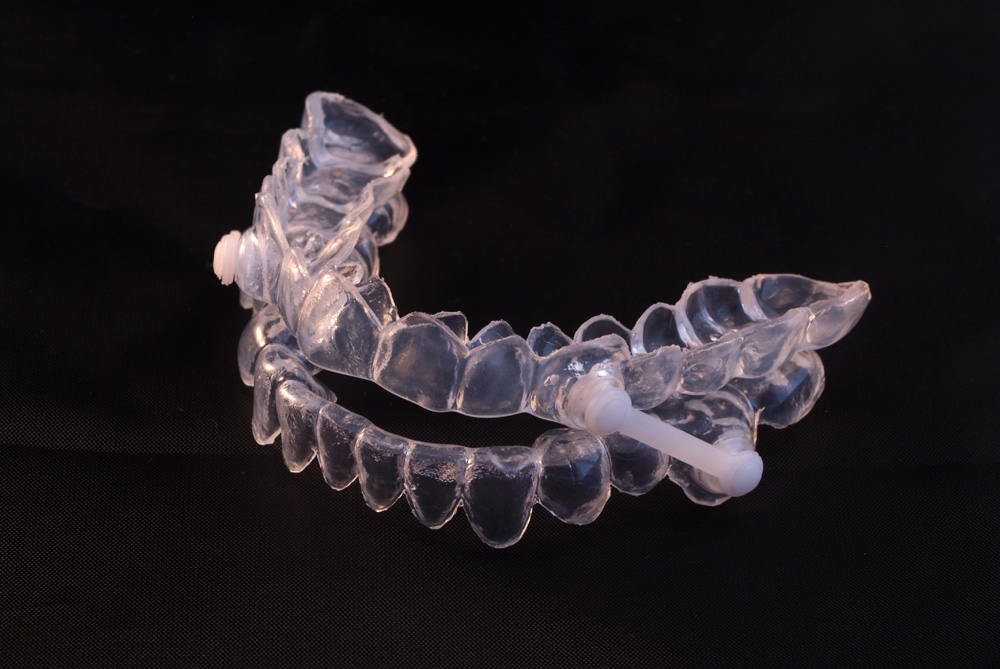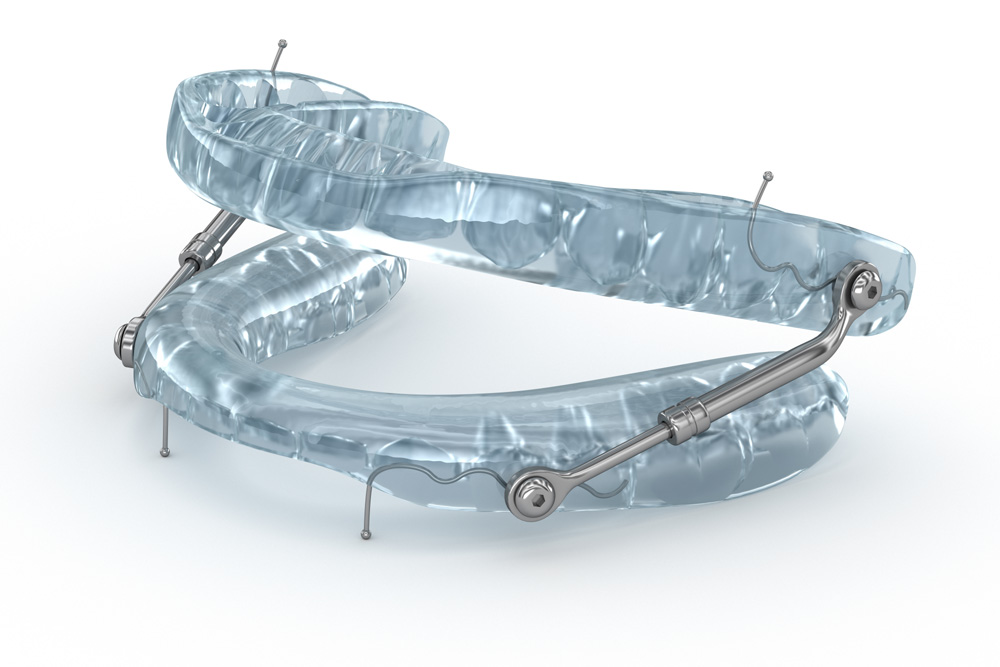Your diet plays a vital role in nutrition for oral and dental health, influencing everything from enamel strength to gum resilience. What you eat can feed decay‑causing bacteria or supply essential vitamins and minerals your teeth and gums need to stay strong.
In this post, we’ll explore how key nutrients support tooth enamel and gum tissue and share easy, tooth‑friendly eating strategies you can start today. With the right dietary choices, you’ll fuel your smile from within and help prevent decay, inflammation, and other common oral health problems.
At our practice, we blend evidence‑based nutrition counseling with dental expertise to create personalized meal plans that strengthen your enamel and support gum health. Schedule a consultation today to develop a nutrition strategy tailored to your smile and overall well‑being.
How Nutrition Impacts Oral Health
The World Health Organization reports that oral diseases are a major global health issue, particularly among disadvantaged populations. Let’s take a closer look at how the food you eat directly influences your oral health and why proper nutrition plays such a critical role in prevention.
The Link Between Nutrients and Tooth Strength
Your teeth are living tissue built on a foundation of minerals. Calcium and phosphorus form hydroxyapatite crystals in tooth enamel, making it hard and decay-resistant. Without enough of these nutrients, enamel can lose density, becoming more prone to chips and cavities.
Diet’s Role in Preventing Decay and Inflammation
What you eat feeds both your body and your oral bacteria. Sugary and starchy foods fuel acid-producing microbes that erode enamel and trigger gum inflammation. In contrast, nutrient-rich foods help neutralize acids, support saliva’s buffering action, and calm chronic inflammation around the gums. Ignoring signs of irritation or discomfort, such as a persistent toothache, can allow these issues to worsen over time, which is why early attention matters.
Key Nutrients for Healthy Teeth and Gums

Each nutrient plays a unique role in maintaining a healthy mouth. Here’s how they support strong teeth and gums.
Calcium & Phosphorus: Building Strong Enamel
Calcium and phosphorus work together to remineralize enamel after acid attacks. By replenishing these minerals, your teeth can repair microscopic damage and stay strong against everyday wear.
Sources: Dairy delivers a double punch: calcium for enamel repair and casein protein, which helps neutralize plaque acids. Cheese also boosts saliva flow, rinsing away food debris and keeping your mouth balanced.
Vitamin D: Enhancing Mineral Absorption
Vitamin D boosts your body’s ability to absorb calcium and phosphorus which are critical for maintaining enamel density and strength. Without enough vitamin D, you may not fully benefit from calcium-rich foods.
Sources: Fatty fish (salmon, mackerel), fortified milk or plant-based alternatives, and safe sunlight exposure, which helps convert skin stores into active vitamin D.
Vitamin C & Antioxidants: Supporting Gum Tissue and Immune Response
Vitamin C is essential for collagen production, keeping gums firm and resilient. Antioxidants neutralize free radicals and reduce inflammation around gum tissue.
Sources: Citrus fruits (oranges, grapefruit), berries (strawberries, blueberries), bell peppers, and cruciferous vegetables like broccoli and kale.
Fluoride: Natural Decay Defense
Fluoride integrates into enamel, making teeth more acid-resistant, and inhibits bacterial metabolism to slow plaque formation.
Sources: Fluoridated drinking water, fluoride toothpaste and mouth rinses, and professional fluoride varnish treatments during dental visits.
Foods and Habits to Limit
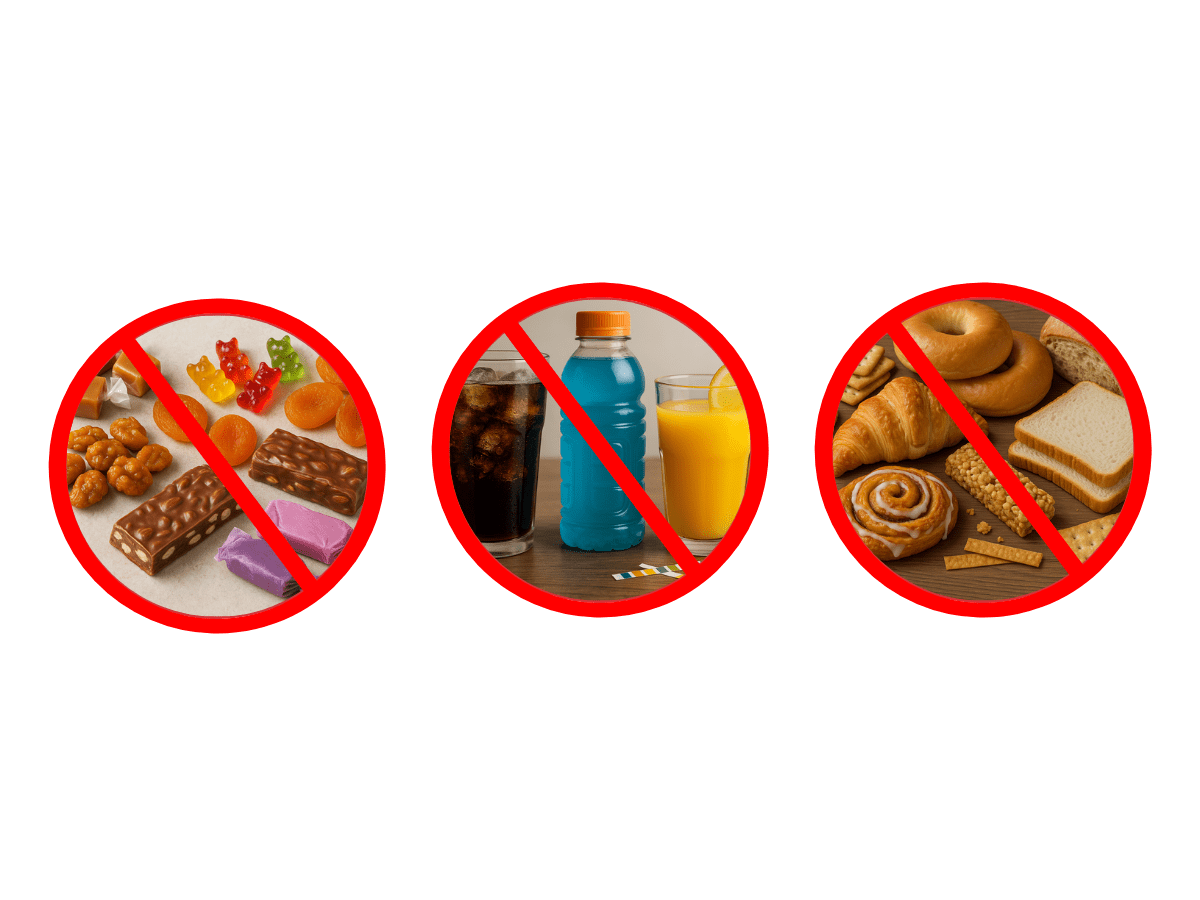
Sugary & Sticky Snacks
Sugary foods like candy, caramel, and chocolate, and sticky snacks such as dried fruit cling to teeth and feed the bacteria that form dental plaque. These fermentable carbohydrates produce acid that erodes enamel and contributes to tooth decay and gum disease.
What to Eat Instead: Opt for free sugars or sugar‑sweetened beverages, sugar substitutes or chew sugar‑free gum to help neutralize acids and support overall health. To reduce this risk, health guidelines recommend limiting free sugar intake to less than 10% of total daily energy and ideally, keeping it below 5%.
Acidic Foods & Drinks
Acidic foods (citrus fruits, fruit juices) and drinks such as soft drinks, sports drinks or drinks that have low pH levels that strip minerals from tooth enamel. Frequent exposure weakens natural teeth, increasing the risk of cavities and tooth loss.
What to Do Instead: After consuming acidic items, rinse with water, sip through a straw, or pair them with dairy products to help buffer acidity and promote good oral health.
Frequent Snacking & Grazing
Snacking on processed foods or high‑carbohydrate treats throughout the day keeps your mouth in a constant acidic state. Saliva needs time to rebuild enamel between meals; without breaks, you’re more prone to developing dental caries and other oral diseases.
What to Eat Instead: Aim for whole grains, fresh fruit, and balanced meals, and practice good oral hygiene.
Nutrition Across Life Stages
Your nutritional needs change as you grow, and so does their impact on oral health. Since oral diseases affect around 90% of the global population, understanding how diet supports a healthy mouth at every age is essential.
Children & Teens: Growing Smiles and Caries Prevention
Nutrition affects oral health from the start. To prevent early childhood caries and reduce caries risk, follow World Health Organization advice to limit free sugar intake. Good oral hygiene paired with a healthy diet supports strong enamel, helps prevent dental pain, and promotes a lifelong healthy smile.
Adults & Seniors: Combatting Enamel Wear and Dry Mouth
As enamel thins and saliva flow drops, proper nutrition and oral care become vital. Vitamin D boosts calcium absorption, while chewable vitamin C tablets support collagen in oral tissues. Staying hydrated and limiting sugary foods and drinks lowers periodontal disease risk, missing teeth, and other oral health issues, while also aiding overall health and cardiovascular disease prevention.
Special Needs: Tailoring Food Choices for Unique Risks
- Orthodontics: Soft, nutrient-rich foods prevent appliance damage and reduce plaque buildup.
- Pregnancy: Manage sugar intake and focus on iron, folate, and vitamin C to protect gums and support both oral and general health.
- Chronic Conditions: For diabetes or other chronic diseases, anti-inflammatory foods help control disease and caries prevention. Always consult health care professionals to align dietary intake with your oral care plan.
By matching food choices to each life stage and risk factor, you can help prevent dental caries, rebuild tooth enamel, and support both oral tissues and systemic wellness. Combined with regular dental checkups, these nutrition strategies create a stronger foundation for long-term oral health.
Fuel Your Smile From Within
Proper nutrition is a cornerstone of both oral and general health. By focusing on calcium and phosphorus for strong enamel, vitamin D for mineral absorption, vitamin C and antioxidants for gum resilience, and fluoride for decay defense, you give your teeth and gums the support they need. Choosing tooth‑friendly foods—dairy, leafy greens, crunchy fruits, nuts, and lean proteins—while limiting sugary snacks, acidic drinks, and constant grazing helps prevent dental caries, combat inflammation, and maintain a healthy mouth at every stage of life.
Our team combines evidence‑based nutrition counseling with dental expertise to create personalized meal plans that strengthen your enamel and support gum health. Schedule a consultation today by calling our Pennsylvania office at (724) 558‑8222 or use our contact form to develop a nutrition strategy tailored to your smile and overall well‑being.

Dr. Elizabeth Wakim, DDS, is the founder of Enhanced Wellness. She’s a compassionate and highly-regarded dentist with her own practice in Washington, Pennsylvania, known for providing modern, comprehensive dental care, botox and facial aesthetics with a focus on patient comfort and anxiety reduction, serving general, cosmetic, and pediatric dentistry needs.


